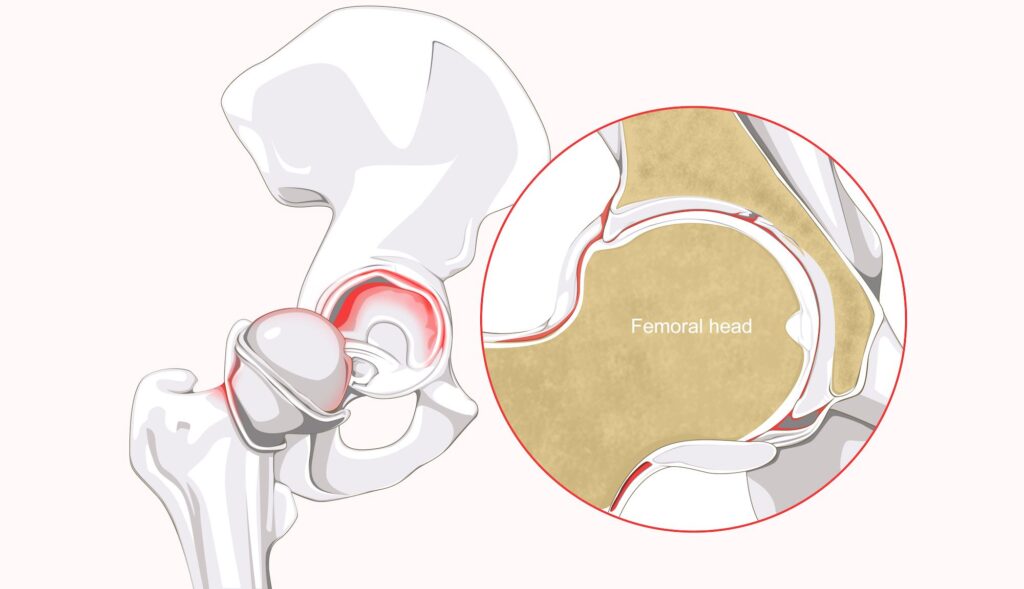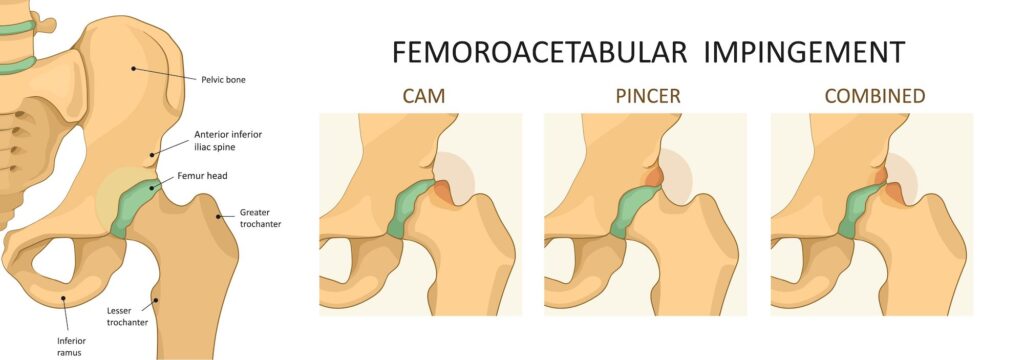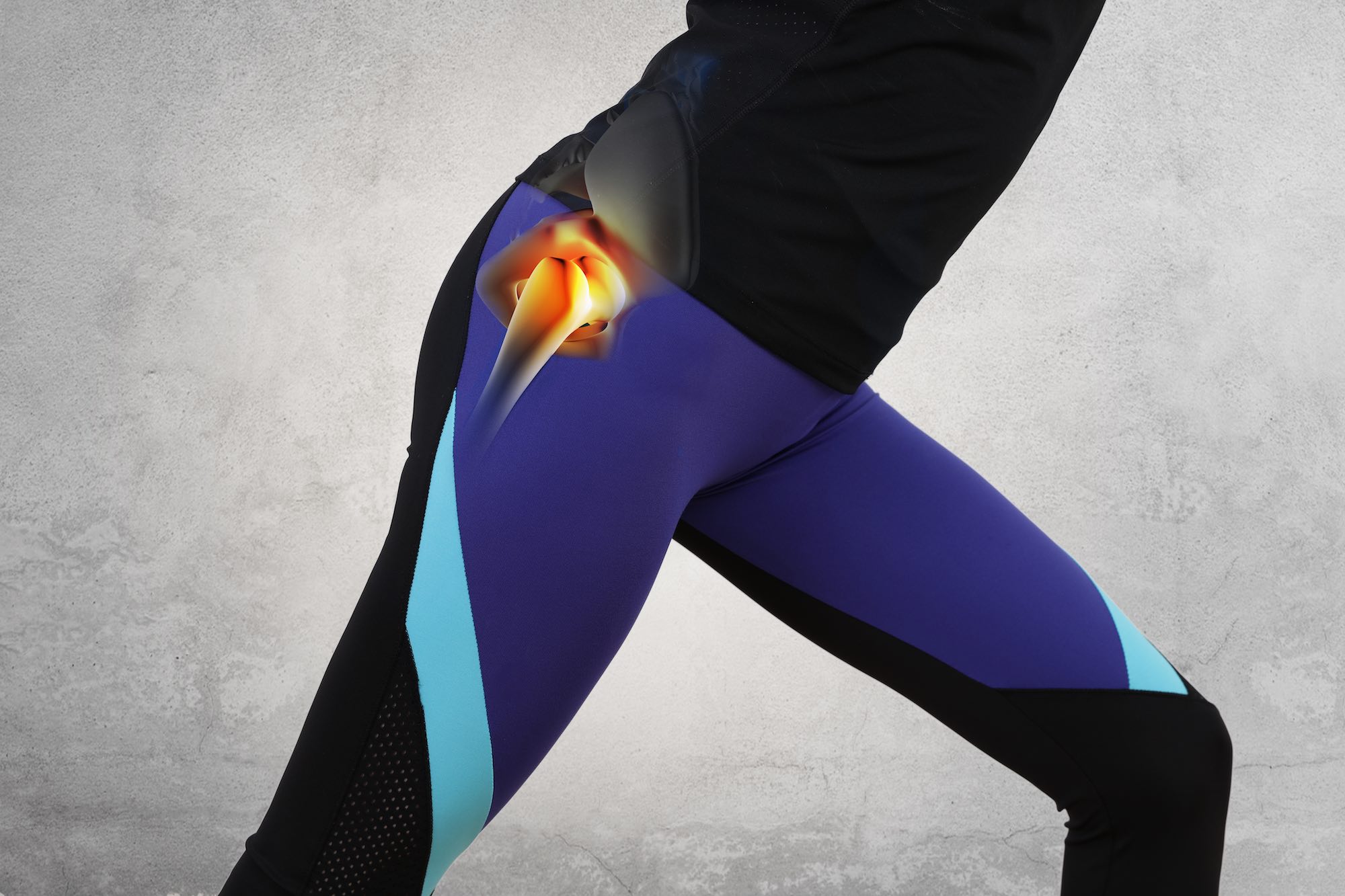If you are experiencing hip pain, you may be a candidate for hip preservation surgery. Hip preservation surgery can help alleviate hip pain and restore normal function. Hip preservation surgery can also reduce your risk of developing premature arthritis and the need for hip replacement surgery later on.
In this blog post, I will discuss what hip preservation surgery is, who is a candidate for it, and the different types of surgery that I specialize in. I will also talk about how the surgery works, the risks associated with it, and what to expect before, during, and after surgery.
What is hip preservation surgery, and who is a candidate for it?
Hip preservation surgery is a type of surgery that is used to treat hip pain. This type of surgery is less invasive than a total hip replacement and can often be done as an outpatient procedure.
There are several different types of hip preservation surgery. The type of surgery that is right for you will depend on your specific conditions and your overall health.
My focus revolves around hip arthroscopy, which is a minimally invasive procedure that is used to treat hip pain. This type of surgery is done by making small incisions in the hip joint and using a camera to look inside the joint and make the appropriate repairs.
The hip arthroscopy procedures I perform include labral tears and Femoroacetabular impingement.
Labral tears are a common cause of hip pain. The hip labrum is a ring of cartilage that surrounds the hip joint and helps to stabilize it. A tear in the hip labrum can be caused by trauma or overuse.

Femoroacetabular impingement (FAI), more commonly referred to as hip impingement, is a condition that occurs when there is too much friction in the hip joint. This can lead to pain and damage to the hip joint. FAI can be caused by a mismatch in the way the hip bones fit together, or it can be caused by wear and tear on the hip joint. Adolescents, adults, and athletes of all ages are all susceptible to this.

The outcomes of hip preservation are typically very positive, and of course, with all surgery, there are risks as well, including infection, blood clots, nerve damage, and hip dislocation.
What to expect with surgery?
Before hip preservation surgery, we will meet to discuss the procedure and what to expect. You will also have a physical examination and some tests to see if you are a good candidate for surgery.
During hip preservation surgery, you will be given general anesthesia and will be asleep during the procedure.
How long does it take to recover from hip preservation surgery?
The recovery process from hip preservation surgery can take four to six months. For a period of time this time, you will likely have to use crutches or a walker. You will also need to do physical therapy to help strengthen the muscles around your hip.
Can you still do physical activity after surgery?
Yes, after hip preservation surgery, you can expect to see a significant reduction in hip pain. You should be able to return to all of your normal activities, including sports and exercise.
If you are experiencing hip pain, hip preservation surgery may be an option for you. For more information and to see if you may be a candidate, please get in touch with my office for an appointment.
